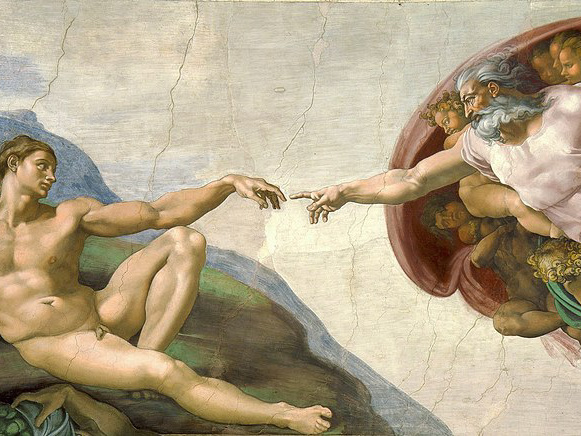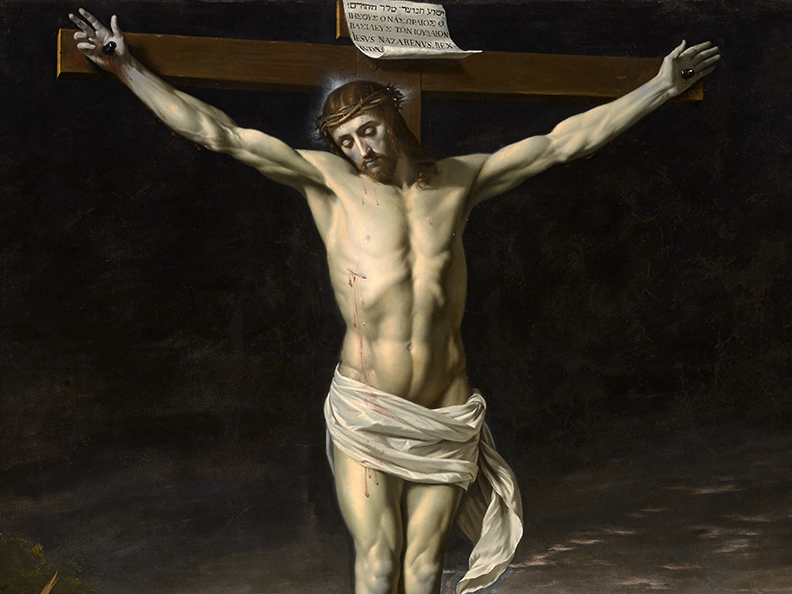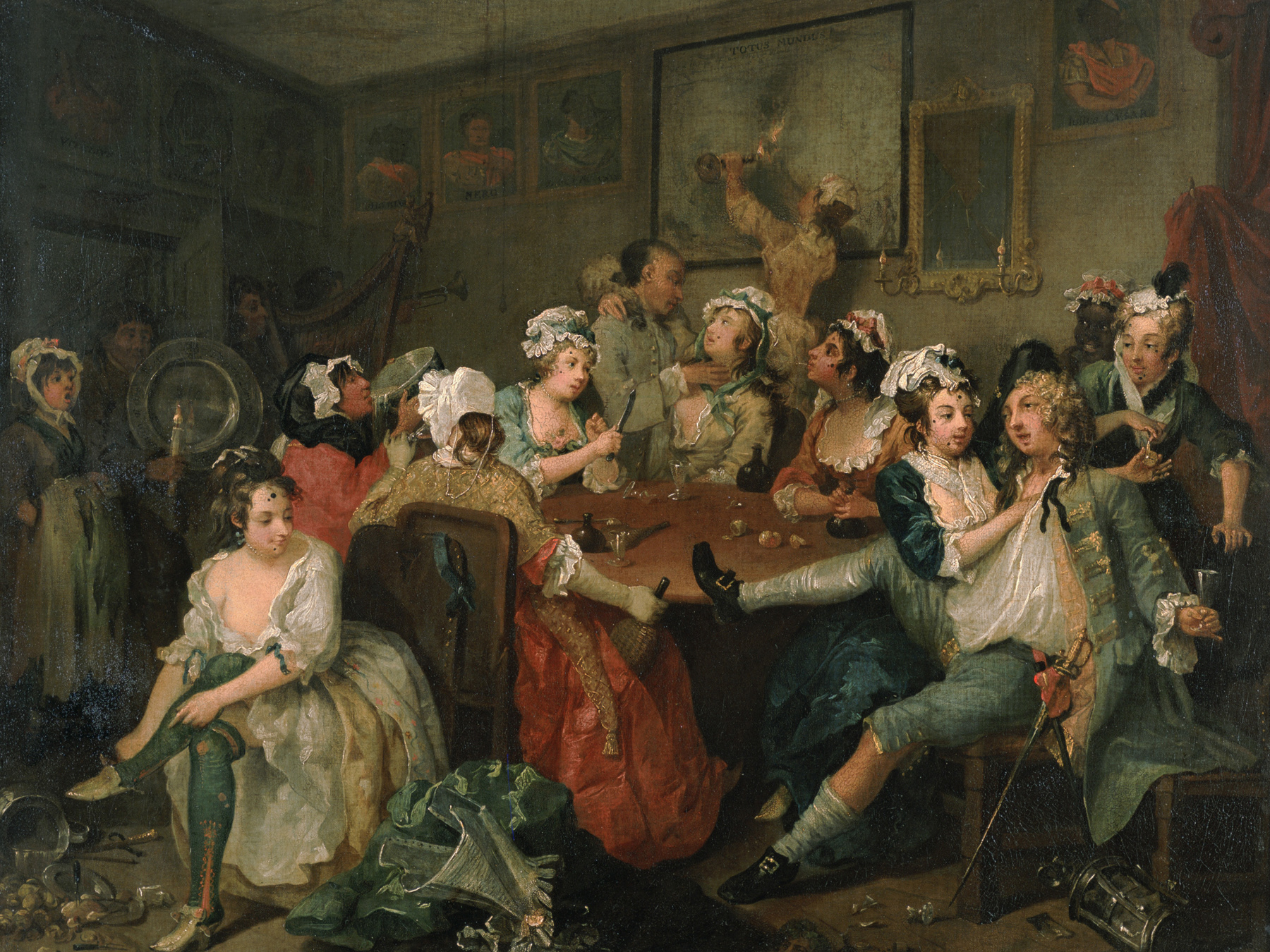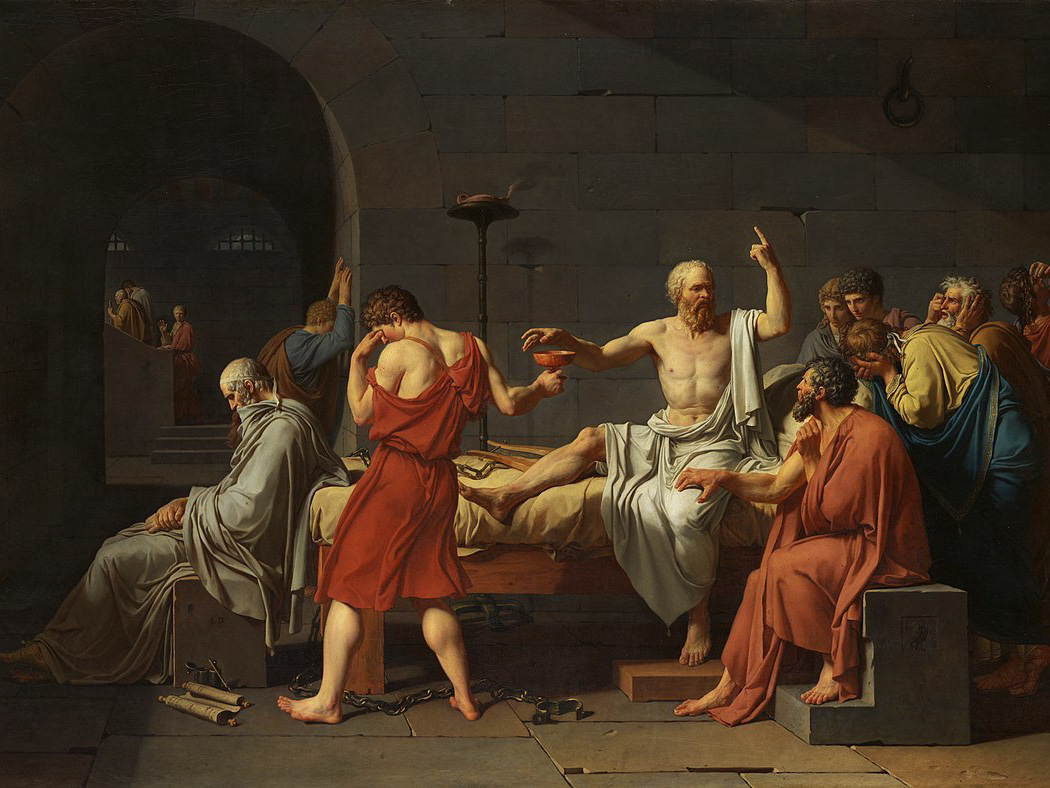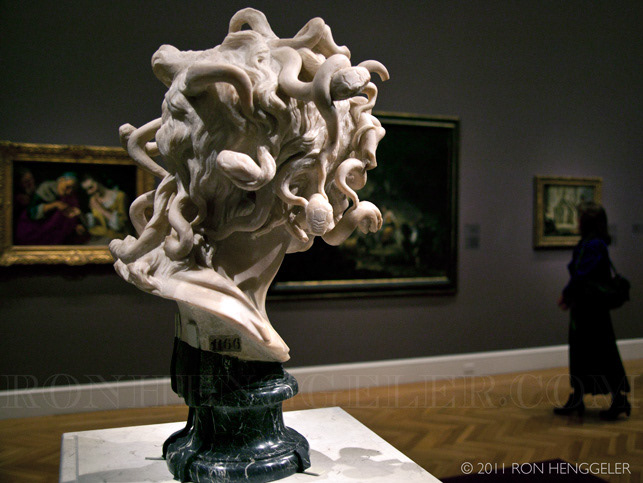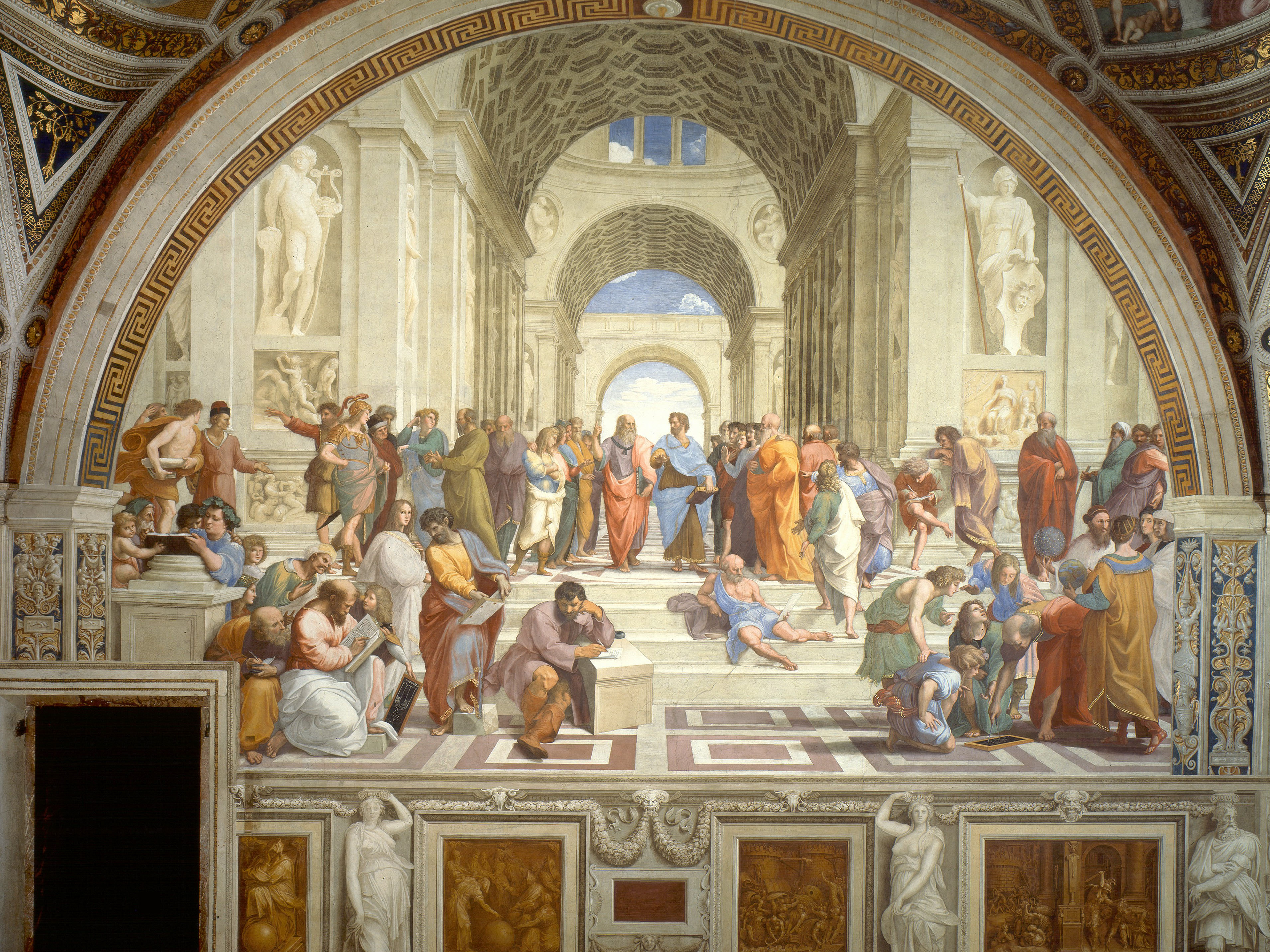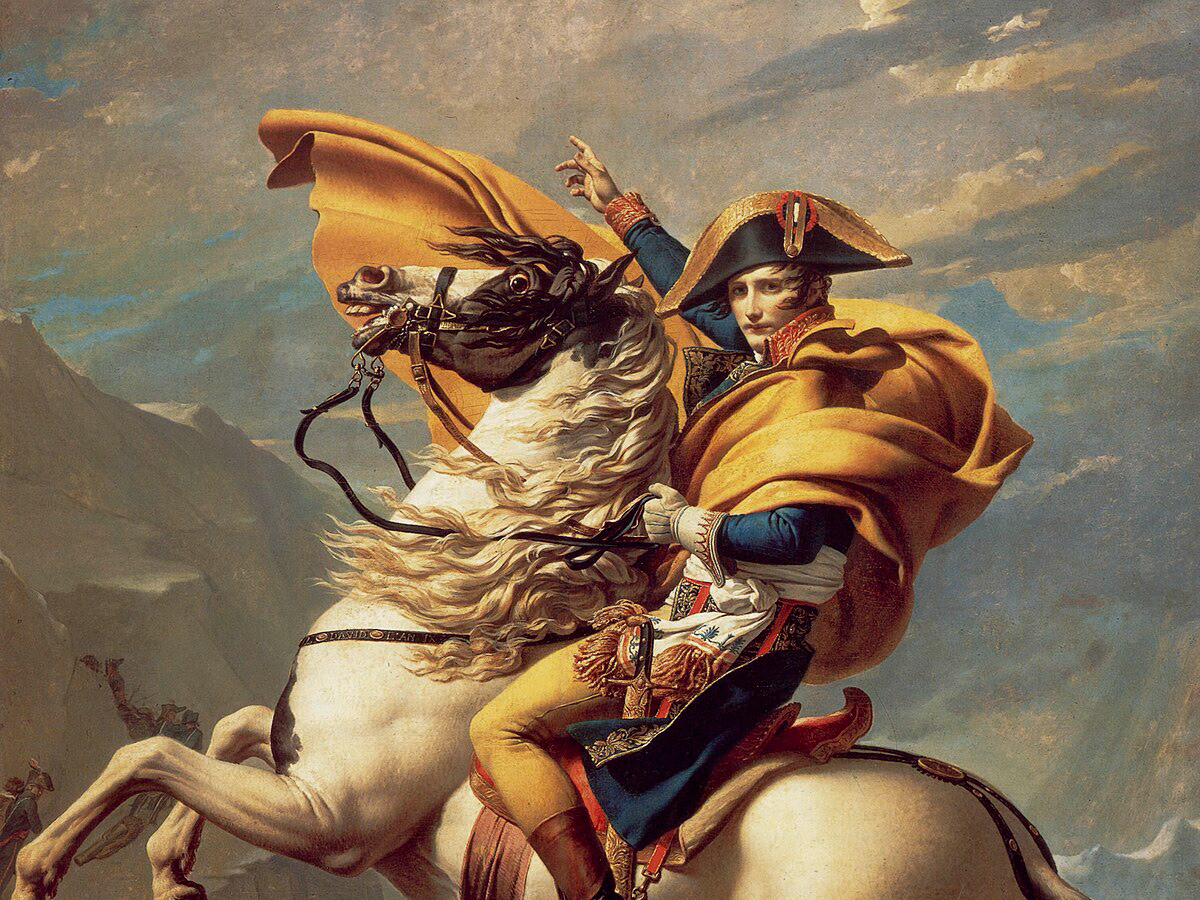Our socio-political atmosphere is dense with problems that stem from a common core: the matter of love.
Many of the world’s deepest wounds—violence, greed, oppression, neglect—can be traced to love, or the absence of it. Whether it be love for others (empathy), love for the earth (stewardship), love for truth (integrity), or even love for oneself (dignity, self-respect… or narcissism, perhaps).
A lack of love allows us to bat an eye at suffering. It gives birth to phrases like “I don’t care,” which make it easier to paint people as the other—outside our circle of concern. Once someone becomes “the other,” we feel freed from the moral obligation to treat them rightly, to protect or defend them. After all, we defend what we love.
"Liberty Leading the People" by Eugène Delacroix (1830)
Wars and political movements rarely stop at power or policy—we rarely discuss policies in purely rational or utilitarian terms. We tear them down to their smallest moral implications.
Take, for example, the abortion debate in America. The arguments for and against it quickly evolve into questions like: Where does life begin? What is the extent of bodily autonomy? These arguments strike at what Americans hold sacred. Freedom is a foundational value, so bodily autonomy resonates. But life and the individual are equally important—so religious beliefs and definitions of life become critical. It is not just about what we want, but what is so close to our heart that it feels like part of who we are.
That is the power of love.
Try this: take the political or social issue that matters most to you. Keep asking yourself why. Why is it important? Why does it matter to you?
Follow those questions until they run out—and somewhere near the end, you will land on a simple truth:
Because I care. Because I love.
Because I care. Because I love.
____________________________________________________________________________________________________
And I don’t think this is anything profound. This isn’t new. It’s something we already kind of know. We nod along to it in conversations, feel it in stories, repeat it in slogans.
But still—it feels incomplete.
And an incomplete truth, harsh as it may sound, is a kind of lie.
And an incomplete truth, harsh as it may sound, is a kind of lie.
Because it’s not just about love.
Some people love the same things you do—peace, justice, family, faith—and yet walk a completely different path to get there. Is that just the beauty of the human mind? Partly, yes. But more deeply, it’s because love has a counterpart. A yang to its yin: knowledge.
What I love is shaped, in part, by what I know.
And what I love often demands to be known.
And what I love often demands to be known.
If I know nothing of the one I love, do I truly love them? And if I do, to what extent?
____________________________________________________________________________________________________
Remember this:
- Love obligates.
- Knowledge obligates.
- Love obligates.
- Knowledge obligates.
Take, for example, someone deeply committed to a greener, safer Earth. If we interrogate the source of their conviction, we’ll likely find a familiar pattern:
1. A statement of fact (e.g., “the earth is warming”),
2. Which creates a problem or clarifies an issue,
3. And is resolved—internally or externally—by love.
Because love, ultimately, is totaled in action.
And from a Judeo-Christian standpoint, this couldn’t be truer. Love in scripture is consistently linked with action. Doubt it?
John 3:16 – “For God so loved the world… that He gave His only begotten Son.”
→ Love + Give
→ Love + Give
John 14:15 – “If you love me, keep my commandments.”
→ Love + Obey
→ Love + Obey
Galatians 5:13 – “…serve one another humbly in love.”
→ Love + Serve
→ Love + Serve
1 John 3:18 – “Let us not love with words or speech but with actions and in truth.”
→ Love + Act
→ Love + Act
So, the greatest matters of human contemplation might simply be these:
What do I love?
What am I willing to know?
What am I willing to know?
Without knowledge, love can become blind, misplaced—even dangerous.
And without love, knowledge becomes cold, detached, manipulative.
And without love, knowledge becomes cold, detached, manipulative.
We need both.
We are shaped by both.
We are shaped by both.
post script - It would be premature to ask these questions without understanding the terms - love and knowledge …especially LOVE. Defining it is a difficult and burdensome task. We've narrowed it to something transactional, sentimental, or self-serving—and now we mourn its absence without realizing we hollowed it first. So, in fact all men must consider this first - what is love?
Understand the text, contemplate it and I will see you on Monday!
